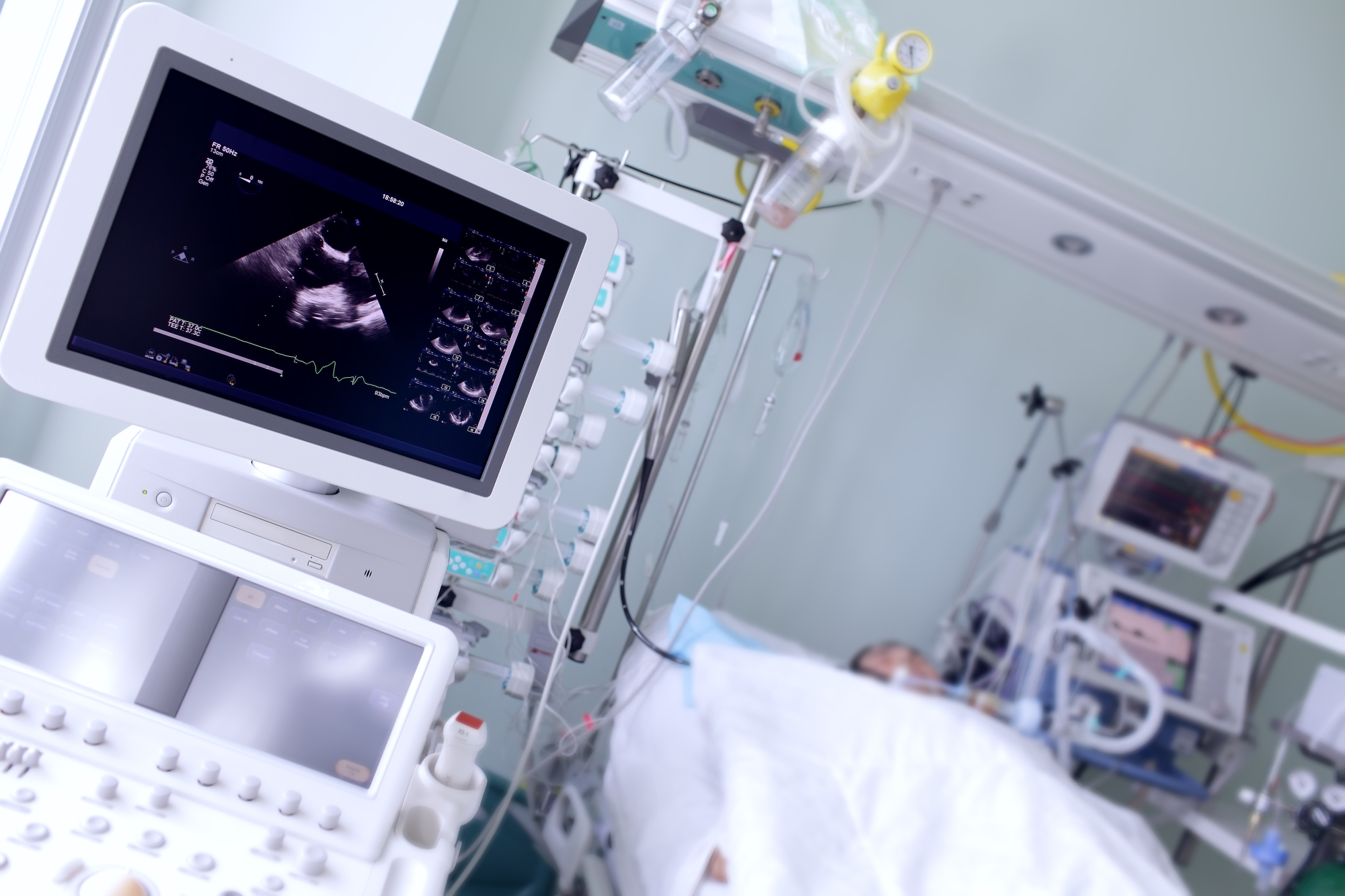The Japan Society of Obstetrics and Gynecology decided Saturday to end its clinical study of a controversial prenatal blood test that can identify potential abnormalities in a fetus, and make test more widely available.
Around 90 designated hospitals in Japan are allowed to offer the prenatal diagnosis, which detects chromosomal abnormalities in a fetus simply by analyzing the blood of a pregnant woman.
With the decision, hospitals seeking to offer the prenatal diagnosis will no longer be required to submit detailed clinical testing plans or go through screening by the ethics board, a move expected to encourage more hospitals and clinics to apply for approval to offer the test.
Critics say the prenatal diagnosis, which became available as a clinical study in 2013, could lead to more abortions over such chromosomal abnormalities as Down syndrome. They are demanding greater debate on the matter.
The number of hospitals offering the prenatal diagnosis rose from 15 in 2013 to 89 as of last December in line with a rise in pregnant women desiring the blood test, which is less invasive and stressful than the standard amnion fluid test.
Around 51,000 pregnant women had taken the new test as of last September. Of the 933 who tested positive for possible abnormalities, 781 had the abnormalities confirmed via the amnion fluid test, with 90 percent opting for abortion.
The new blood-based prenatal diagnosis costs around ¥200,000, and the price won't change after it moves from the clinical phase to general practice.




